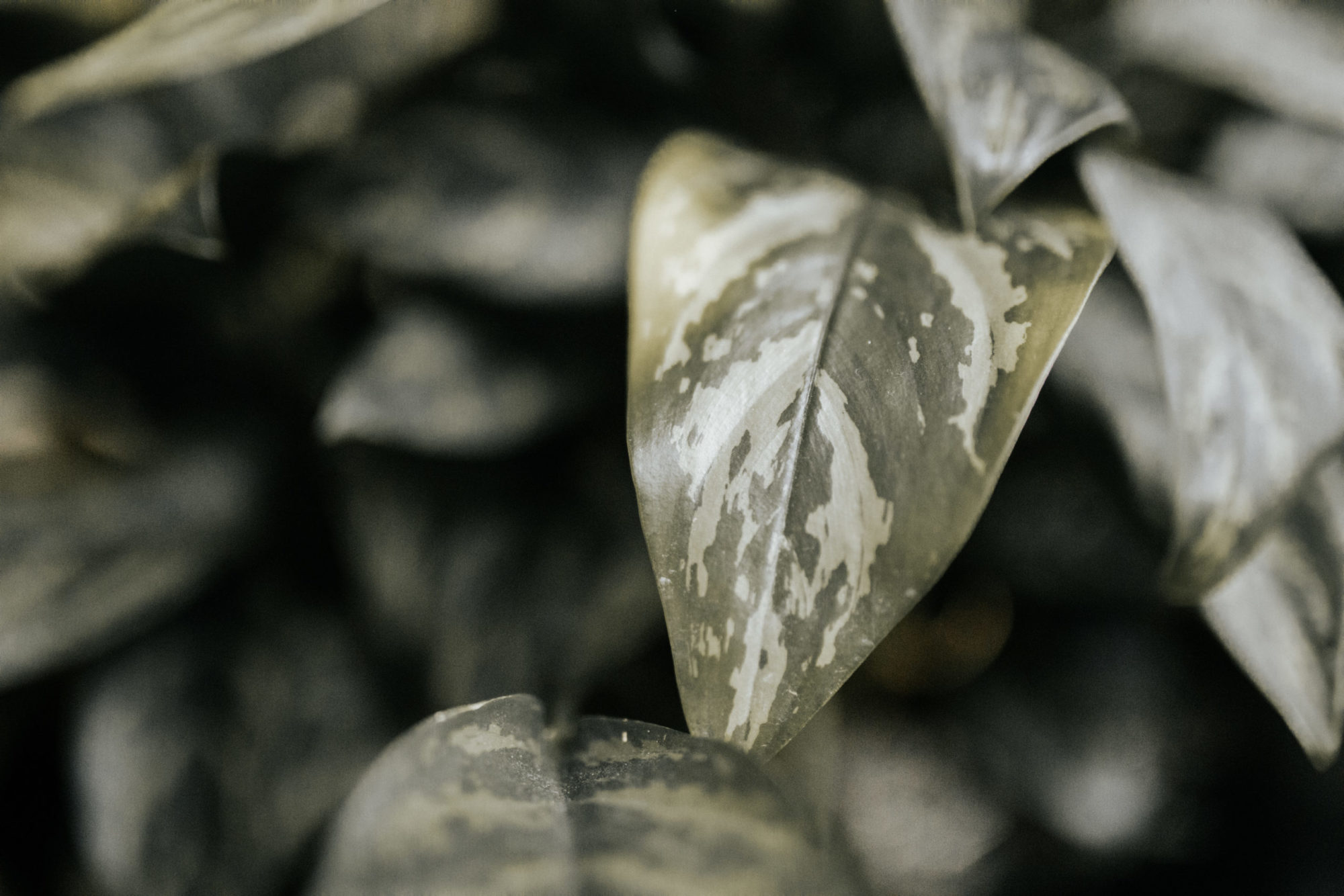Despite increasing efforts towards legalization, the cannabis industry is largely skewed towards large white-owned corporations, with high barriers to enter exacerbating racial disparities.
With the legalization of marijuana in over 33 states in the U.S., the legal cannabis industry has skyrocketed over the past several years. States that legalized marijuana for adult use has collectively generated nearly eight billion in tax revenue from cannabis since legal sales first began in 2014, according to a new report from the Marijuana Policy Project (MPP). While this new industry is increasingly lucrative, the racial disparity and control of the marijuana industry are largely unbalanced and skewed towards elite, white business owners.
Severe Racial Imbalance in the Cannabis Industry
According to the Marijuana Business Daily report, legal cannabis businesses are overwhelmingly white-owned, a staggering 81 percent, while African Americans and Latino minorities only make up around four percent and five percent respectively.
Marijuana legalization offers minorities little rebound as entrepreneurs in the industry. Drug policy reform—specifically, legalizing weed—is a critical tool for ending systemic racism.
However, legalization doesn’t seem to have as profound of an impact on the Black community as many thought it would. States that legalized recreational marijuana made it hard for anyone with a criminal record to enter the marijuana business and gave preference to people already operating medical marijuana businesses. And because small business loans are usually reserved for people without drug convictions, an arrest for simple possession also shut many prospective entrepreneurs out of legal cannabis business opportunities.
Tech workers and real estate investors have been the market leaders, joined increasingly by white politicians like former House Speaker John Boehner, who backed the war on drugs and then, after leaving office, joined the board of a cannabis company in April 2018.
The legalization of marijuana has come with hindrances and obstacles that make it difficult for minority small business owners with little capital to succeed in the industry. The major obstacle is that most states have barred anyone with a criminal record from entering the industry. The U.S. is home to 70 million Americans with criminal records, and a number of those are men of color, with Black people four times as likely to be arrested for drug use than white people.
Additionally, depending on the state, the economic barriers to entering the industry, including application fees, license fees, and startup fees, are extremely high.
In Pennsylvania, only a small handful of licenses were set to be given out. Growers were required to pay a $10,000 non-refundable application fee, together with a $200,000 deposit. They also had to provide proof of two million in funding, with at least $500,000 in the bank.
An applicant’s success depends on strict selection processes, in which connections are important. Applicants with personal wealth or access to networks of wealth have a large advantage.
Even where funds are available, communities of color are often loath to take a chance on openly doing business with a drug they have seen too many of their community targeted and criminalized for using. Many African Americans across the country are concerned that a lack of access to capital and systematic economic racism will exclude them from the burgeoning marijuana business the way they’ve been excluded from other business opportunities in the past. Fears of being targeted by police – especially federal law enforcement – kept many African-Americans without arrest records from immediately joining the semi-legal cannabis industry.
Increasing Equity for Small Business Owners
To promote equity with the legalization of marijuana, it’s up to local governments to diversify the legal pot industry by clearing conviction records and providing subsidies. If white corporations have benefited from marijuana legalization, minority communities should be provided with extra resources. Minorities must be the first to reap the benefits of the legalization given their historic criminalization and brutal policing.
In California, several cities have created cannabis equity programs to help former drug dealers go legal. The programs include business development, loan assistance, and mentor relationships. In Sept. 2018, former Gov. Jerry Brown signed legislation to partially fund such programs. The bill would help ensure “that persons most harmed by cannabis criminalization and poverty be offered assistance to enter the multibillion-dollar industry as entrepreneurs or as employees with high-quality, well-paying jobs.”
In Massachusetts, regulators have also launched an equity program after acknowledging that while the state’s population is 22 percent Latino or African-American, those same demographics make up 75 percent of people imprisoned under mandatory minimums for drug crimes.
Oakland-based nonprofit organization The Hood Incubator works to increase the participation of Black and Brown communities in the legal cannabis industry and supports social equity efforts in the Bay Area. The organization has a commitment to equity through innovative programmatic initiatives and progressive policies locally and beyond. The Hood Incubator has hosted over 20 community events in the Bay Area – ranging from workshops demystifying the Oakland cannabis business application process, to criminal record expungement clinics – and has grown to a community of over 2,000 members nationwide.
The decriminalization of marijuana and its new industry has yet to achieve the equity that legalization strove to accomplish. Empowering minority small business owners is an important step in mitigating the stigma of marijuana associated with the Black community and creating a platform to achieve racial justice.
- Racial Disparity in the Cannabis Industry - July 9, 2021
- Where do Your Flowers Come From? The Thorns of the Colombian Cut Flower Industry - June 25, 2021
- A Need for Systemic Solutions Beyond Decriminalization of Marijuana - June 18, 2021
